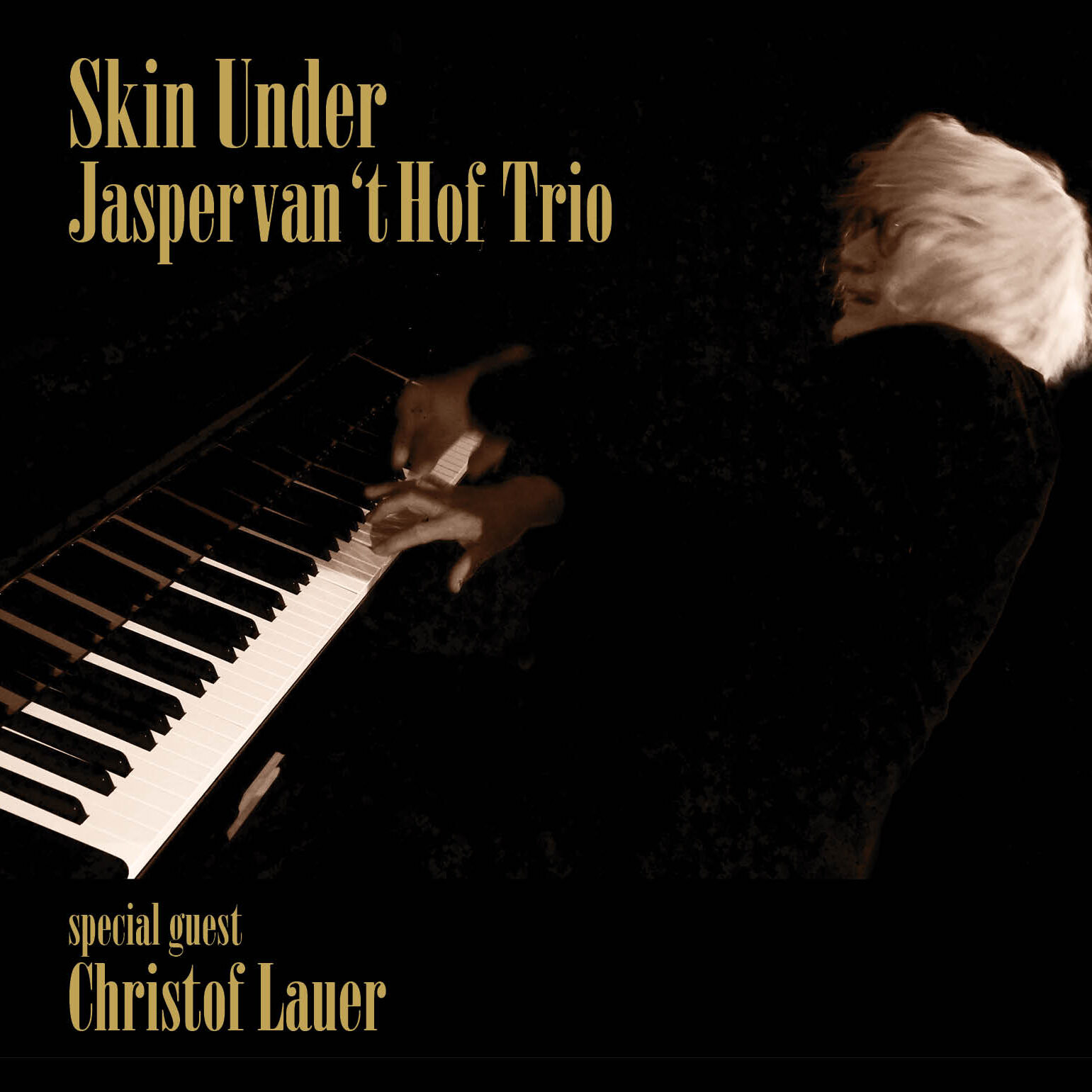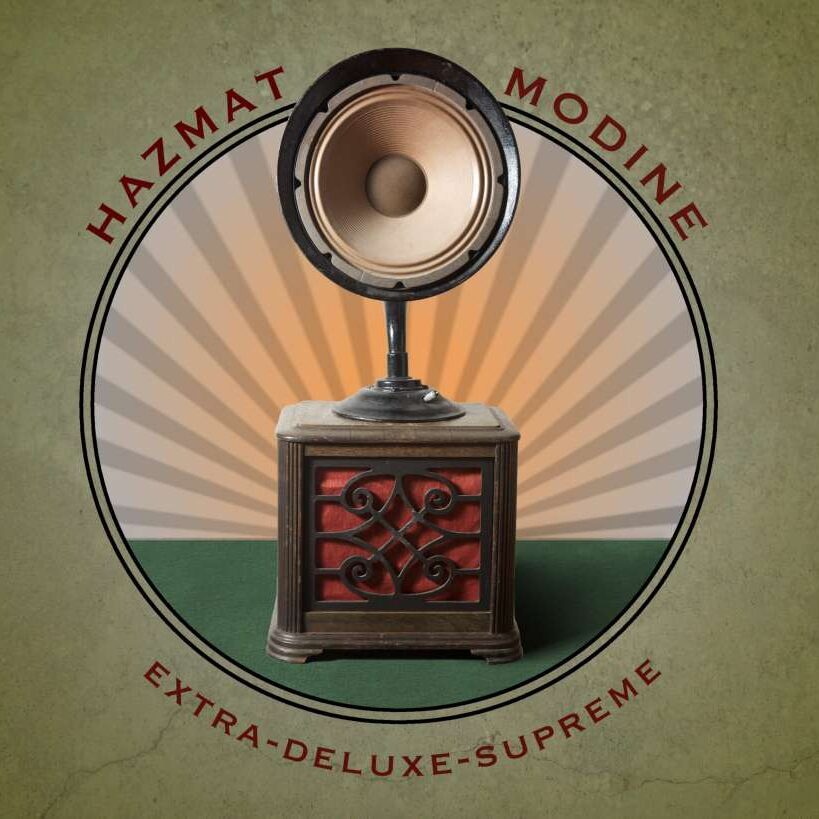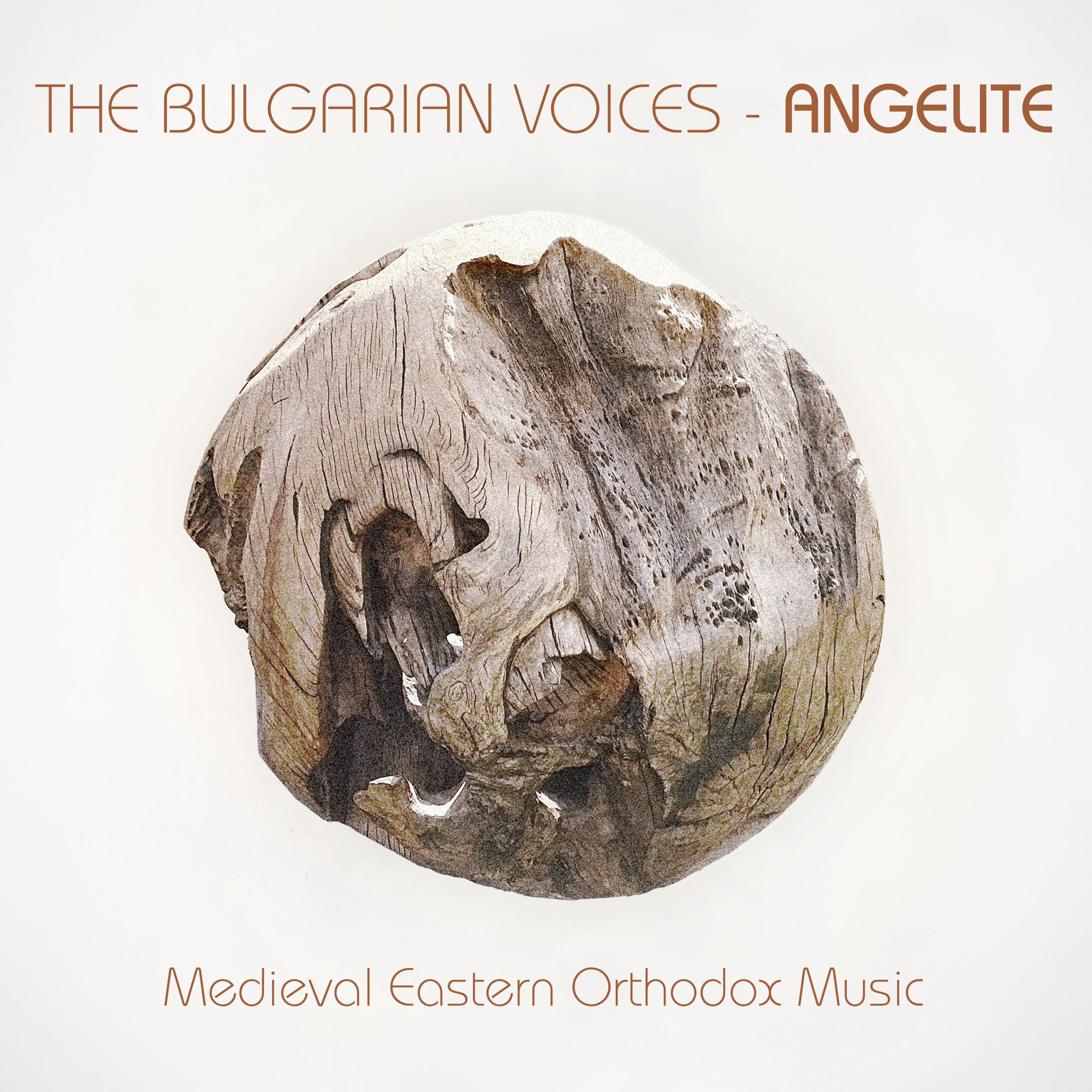Spirits from Tuva
18,00 €
This album is intended as an initiation for a younger audience into the misterious throat singing technique. from Russia, France, Greece, and Germany have remixed 11 titles originally composed by Huun-Huur-Tu. Different remix styles make the album one of the most interesting Remix-products on the record market. It is not incidental that the album topped No. 1 in the European World Music Charts in September 2002.
[bandcamp album=2439897565 =FFFFFF linkcol=4285BB size=venti]
Having shot up to pop charts position No. 1, the title “Eki Attar” was the early summer hit in Greece in 2002. For a young audience all over the world, this will be the first touch and taste of throat-singing. Different remix styles make the album one of the most interesting Remix-products on the record market.
No. 1 WORLD MUSIC CHARTS EUROPE in SEPTEMBER 2002.
They are profoundly mysterious: the traditional, ritual laryngeal chants of the Central Asian land of Tuva. For with their unique song technique, the singers from the steppe develop an enthralling sound cosmos rich in undertones and overtones. Something that is no longer a mystery, however, is the world-wide success of the Tuvan quartet Huun-Huur-Tu, now an established name in international world music, thanks to their modern presentation of traditional laryngeal singing.
And it hardly comes as a surprise when Huun-Huur-Tu suddenly advance to electronic music stars and much-sought-after idea suppliers to the international DJ scene. The beguilingly meditative chants – which the four musicians contrast with clear, rhythmic structures played on traditional shepherds’ instruments – lend themselves perfectly to the sample-happy remix culture and its repetitive sound loops. The consequence being that – in March 2002, for the first time – Huun-Huur-Tu wasn’t taking the ethno and world music hit lists by storm but, with a remix of their title “Eki Attar”, the pop charts of a European country. The track by the producer George Bitsikas, used in its original form for an commercial on Greek television and later remixed in response to overwhelming demand, made Huun-Huur-Tu newcomer stars in the clubs of Athens overnight and, beginning in mid May 2002, occupied 1st place on the Greek Top Ten for weeks on end.
The success of “Eki Attar”, to be heard as an opener to Spirits from Tuva in its radio version, was occasion enough for the production of this unusual remix-album. DJs, musicians and producer teams from Greece, Germany, France and Russia contributed eleven pieces to Spirits of Tuva, which also comprises an original version by the Tuvan formation (Track 12: “AA-Shuu dekei-OO”). The remixes of a wide spectrum of artists not only give the album great stylistic diversity: Ultimately, they also serve to emphasise the fact that the musical processing of these fascinating chants leaves great scope for personal interpretation – even in the most various of genres.
The spectrum which has thus emerged is as exciting with regard to the overall production as it is plausible in each individual piece. The revised version (“Descarga”) of the piece by the DJs Goldenberg & Schmuyle from the Parisian cult station Radio Nova, for example, is wrapped in a loose garment of Samba and transforms by means of Fender Rhode’s piano into a nonchalant Latin-Jazz groove. Exceedingly calm sounds are provided by the relaxation and meditation musician Yomano, known to many Germans under the name of Volker Kahrs as a former coarse-cut keyboarder under whose pen the title “Barlyk” developed into the spherical ballad “River of Home”. In the studio of the German sitar player and ethno trance musician Harry Payuta, the Huun-Huur-Tu piece “Legend” became the “Legend World Sitar Mix” – a hypnotising atmospheric number which moves with fluid grace and harmony between folkloric influences of Asia, Africa and the Balkans. The internationally renowned German DJs Sugar Caine and Emjay contributed two flawless tracks, one techno and one for the house, with their reworkings of “Borganngadyr” (“Spring Song”) and “Exile Song” (“Far Away from Home”). The latter title can also be found in a version by the German production team Da Loop, whose remixes of “Exile Song” (“Far Away from Home”) and “Kargyra” (“Mountain Voice”) – with their unbroken synthetic string passages and minimalist rhythm patterns – avail themselves primarily of stylistic elements from electronic trance and ambient music.
Huun-Huur-Tu, who incidentally have a wide-open attitude towards the remix culture and the linking of pop music with musical tradition, provided not only their recordings but also their active support: The singers even flew to Moscow to re-record the titles “Chedy-Khaan” (original: “AA-Shuu dekei-OO”) and “Love Ride” (“Oraila Boidula”) with the Russian formation Malerija, a popular rock and pop band which left a clear stamp on the two pieces.




